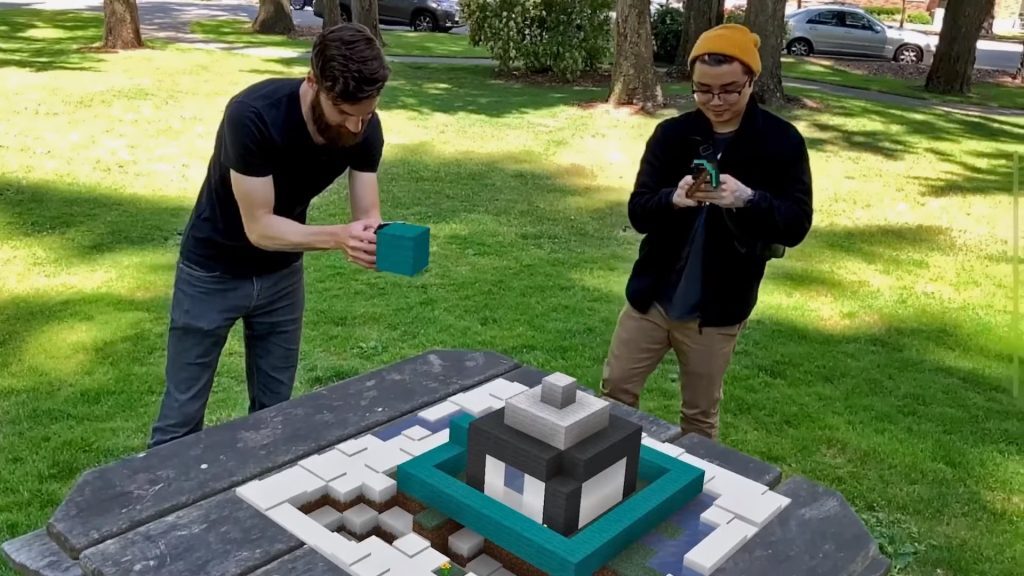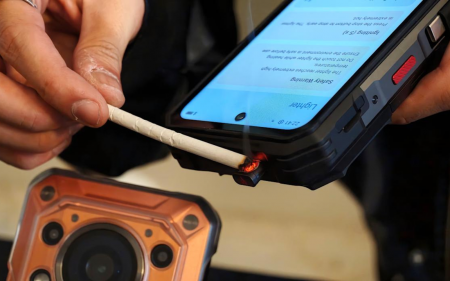Minecraft Earth was set to be a massive success when it was first announced but it seems that it was just taking too long to make the money Microsoft was looking for. The AR mobile game that allowed players to build and explore in the real world with a Minecraft overlay projected through their phones (think Pokémon GO but instead of catching cute virtual monsters you’re building digital treehouses with blocks) will be terminated in June.
“Minecraft Earth was designed around free movement and collaborative play – two things that have become near impossible in the current global situation,” notes the Minecraft team in a blog post shared last night.
It’s a fairly abrupt halt to the game, given that it was only unveiled in May of 2019 and went into open beta a few months later. It’s still a fairly new title yet, according to Microsoft, the ongoing coronavirus pandemic has made it unsustainable. Thus, the game will be playable right up until 30 June of 2021 after which it will be formally executed. Pour one out for a fallen game.
Minecraft Earthly belongings
Of course, there are always questions that are raised by users whenever any kind of software is sunset and this is no exception. In that same blog post, the developers note that players with any rubies (the game’s premium currency) still in their accounts will have the amount converted to Minecoins, a currency that can be used to buy cosmetics in the original Minecraft. Players who spent money on Minecraft Earth will also be given a copy of Minecraft (Bedrock Version) to play at their leisure.
One last update will be pushed out before the game is shut down, with the intention of making the game easier and more fun for players. Time for crafting and smelting will be drastically reduced and all the game’s finished but unreleased content will also be added, amongst other changes. It’s a nice touch for anyone that’s dedicated time to the experience and will hopefully make their final moments more enjoyable.
Despite being a decade old this year, Minecraft is still wildly popular. Just last year, South African streamers were able to raise close to R2 million for starving children during a marathon play of the game.
(Source: The Verge)




